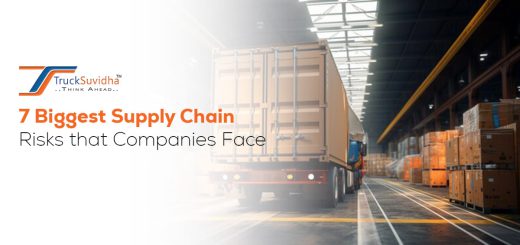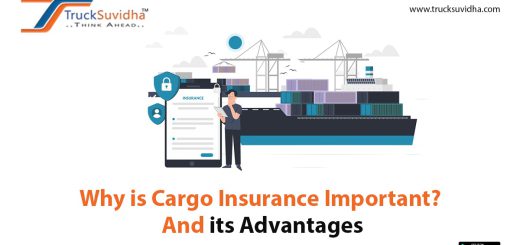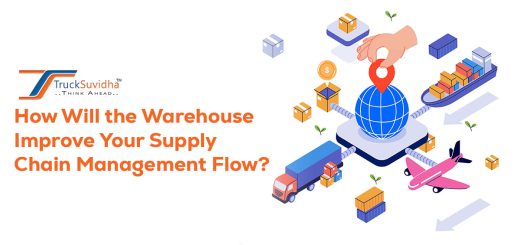Benefits of Blockchain Technology in Supply Chain
Blockchain technology is a distributed ledger system that allows users to share transaction data securely. It is a set of linked data blocks accessible to authorized parties and shared by all computers connected to a network.
Accessibility, security, and accountability are the three key features of Blockchain. Each computer maintains data, resulting in a distributed and decentralized system. Blockchain is a preferred data security and accountability platform, making it easily accessible to the appropriate parties due to this dispersed approach to data management.
Advantages of Blockchain Technology in the supply chain
Reliability
Blockchain technology can improve supply chain accuracy. Everyone in the network has access to the most up-to-date information since data is transferred between partners in real-time; you may stop contacting your supplier to find out where your goods are at any moment. The data can be trusted since each data block is encrypted and cannot be tampered with.
Performance
To create a shared, permanent record of every transaction between them, warehouses, manufacturers, suppliers, distribution centers, and retailers can employ blockchain technology. The requirement for paperwork may be decreased, and the effectiveness of the entire process can be significantly increased by having an immutable, trustworthy record available to all supply chain players.
Blockchain technology can boost productivity by employing smart contracts to automate processes. A smart contract is software that activates on the Blockchain when specific conditions are met. For instance, a smart contract may specify that a supplier receives payment for goods after a shipment has reached a manufacturing facility. Doing so avoids several pointless steps often needed in conventional transactions.
Security
The blockchain system is built on secure blocks. These are copies of the files connected to the earlier blocks arranged chronologically. Because of this, they are faster and more challenging to forge. It would be hard for a hacker to change hundreds of copies simultaneously in the allotted time. Blockchain technology is used by banks, large financial institutions, and Bitcoin because of this. If you want to shield the data in your supply chain from hacks and weaknesses, Blockchain is a great solution.
Transparency and transparency
Blockchain technology and cutting-edge contract technology work together to increase supply chain transparency. Blockchain contributes to the transparency of supply chain processes by producing a traceable digital record. It is much simpler to pinpoint the violation’s location if an occurrence happens anywhere along the global supply chain. In the case of food safety or medication safety accidents, traceability and trackability are extremely helpful and may even stop such occurrences from happening in the first place.
Customer Engagement
Additionally, those statistics may be applied to increase customer happiness. Retailers may better plan their shop’s delivery schedule by using the blockchain database to track the status of things throughout production and shipping.
Additionally, clients may access specific data on the Blockchain. For instance, a clothing company committed to ending sweatshop labor may let clients access the Blockchain and display social conscience approval forms, labor union sheets, and even how-to laundering instructions to them.
By introducing a new degree of openness with the customer, this type of data sharing fosters stronger customer connections and loyalty.
Challenges with Blockchain Technology
Despite its benefits, some individuals still need to be more apprehensive about using Blockchain. Businesses are averse to significant change because it is still a new and emerging technology.
Currently, there are three main issues with Blockchain:
- Blockchain programming is sophisticated and complex. Companies must host intensive blockchain training or outsource programming to a third party to guarantee it is correctly set up.
- Blockchain is worldwide, which means it is subject to various global rules. This can be difficult for worldwide corporations to handle. We anticipate trade organizations’ standardization of supply chain blockchain adoption.
- Blockchain is based on a network effect. The more people who utilize it, the more valuable it is. To succeed, all supply chain partners must use the platform constantly.
At the moment, not all firms use Blockchain. However, its popularity will expand as significant organizations continue integrating this technology into their systems.
Also Read: Strategies for carriers to save Operational costs
Final Thoughts
Blockchain technology can drastically enhance customer interactions and company processes. Blockchain technology can offer a safe, quick transfer if you’re moving a product between entities. While blockchain technology has yet to be widely used in supply chains and logistics, it is close to becoming so. Global powerhouses now using Blockchain to enhance supply chains will soon be followed by innovative companies globally. Although blockchain technology is still in its infancy, we predict significant growth over the coming years.




Recent Comments